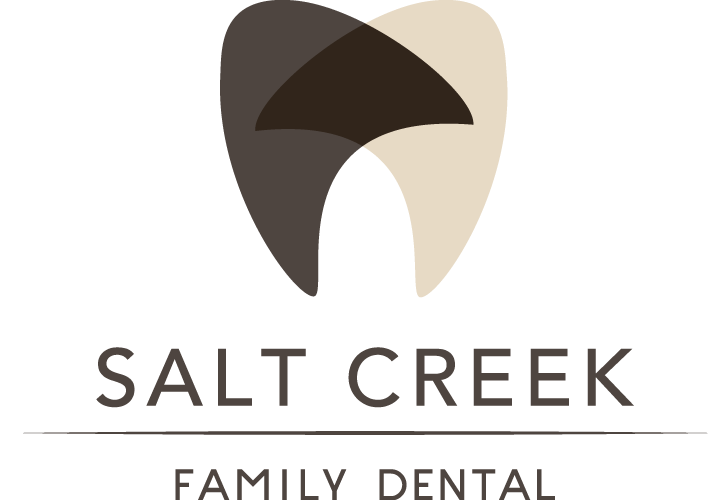The Scoop on Toothpastes with SLS: Debunking Myths and Understanding Benefits
When it comes to oral care, toothpaste plays a crucial role in maintaining healthy teeth and gums. Over the years, various ingredients have sparked debates and discussions among consumers, and one such ingredient is Sodium Lauryl Sulfate (SLS). In this blog, we'll delve into the world of toothpastes containing SLS, exploring their benefits, addressing common misconceptions, and helping you make an informed decision about your oral hygiene routine.
Understanding Sodium Lauryl Sulfate (SLS): Sodium Lauryl Sulfate (SLS) is a common surfactant found in many personal care products, including toothpaste. It's responsible for creating the foaming action that helps distribute the toothpaste throughout the mouth. Despite its widespread use, SLS has been met with concerns due to its potential to cause irritation, especially for individuals with sensitive mouths. However, the actual impact of SLS in toothpaste might not be as severe as some sources suggest.
Debunking Misconceptions:
SLS and Tooth Sensitivity: While SLS might cause irritation for some people, it's essential to note that toothpaste formulations undergo rigorous testing to ensure they are safe for use. The concentration of SLS in toothpaste is relatively low, making it unlikely to cause significant discomfort for the majority of users.
SLS and Oral Health: Some myths claim that SLS negatively impacts oral health by stripping away the natural protective layers of teeth and gums. In reality, SLS's primary role is to aid in the distribution and thorough cleaning of toothpaste, which can contribute to better oral hygiene.
Alternative Ingredients: Many SLS-free toothpaste alternatives are available on the market. However, the absence of SLS doesn't necessarily make a toothpaste better or safer. Toothpaste effectiveness relies on a combination of ingredients, including fluoride, which helps prevent tooth decay, and abrasives that aid in removing plaque and stains.
Benefits of Toothpastes with SLS:
Thorough Cleaning: SLS's foaming action helps evenly distribute toothpaste, ensuring that it reaches all areas of the mouth for a comprehensive clean.
Stain Removal: SLS assists in lifting surface stains from teeth, contributing to a brighter smile over time.
Bacteria Control: The foaming action of SLS helps to dislodge food particles and debris, which can help in reducing the growth of harmful bacteria that lead to cavities and gum issues.
Who Should Avoid SLS Toothpastes? Individuals with a history of mouth sensitivity, canker sores, or allergic reactions to SLS might consider opting for SLS-free toothpaste alternatives. Consulting with a dentist can provide personalized recommendations based on individual oral health needs.
Conclusion: Toothpastes containing Sodium Lauryl Sulfate (SLS) have been part of oral care routines for decades. While concerns and misconceptions exist, it's important to make decisions based on accurate information. SLS in toothpaste can contribute to a thorough clean, stain removal, and bacteria control, all of which are vital for maintaining good oral health. If you're uncertain about whether SLS toothpaste is suitable for you, consulting a dental professional can help you make an informed choice that aligns with your oral health needs and preferences. Remember, the key to a winning smile is a consistent oral care routine, regardless of the toothpaste you choose.

